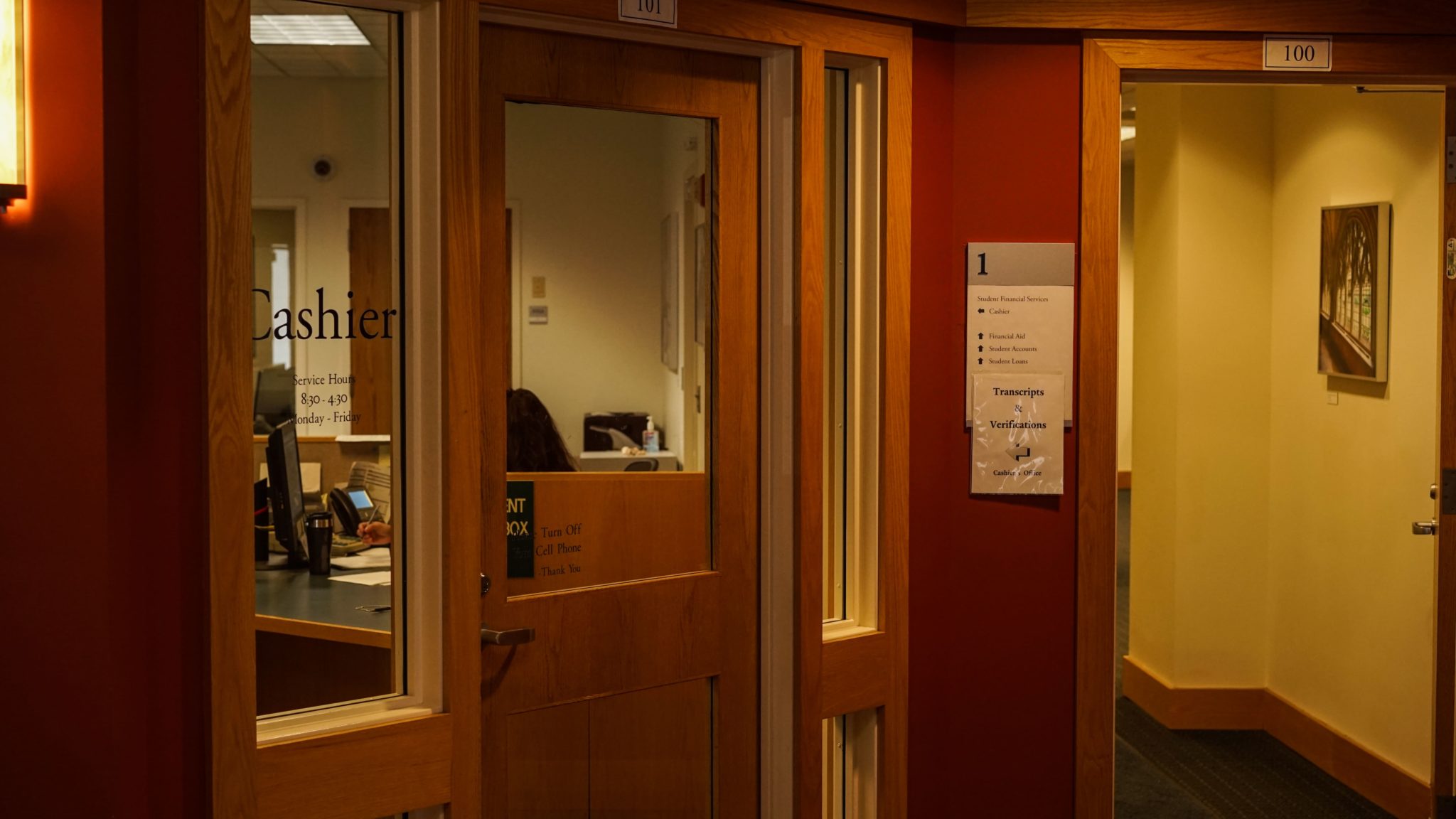
In a Yale College Council survey completed before winter break, the organization polled students on their opinions of Yale financial aid policies. While many questions garnered mixed results, two policies received resounding approval — Yalies polled are in favor of additional measures to educate students about financial aid and support a fellowship that would financially assist pursuits in career-oriented extracurriculars.
The survey, which was administered in December, collected data from 1,110 students and had a slight skew toward first-year and sophomore responses — with 189 senior, 254 junior, 321 sophomore and 346 first-year respondents. The majority of students who responded to the survey were also on financial aid — three-quarters of the respondents are currently on or had been on financial aid at one point of their Yale career. According to the Yale admissions website, more than 50 percent of Yale students receive need-based aid from Yale while 64 percent receive financial assistance from Yale or an outside source. The survey was compiled through a financial aid working group that included two members of the YCC — President Saloni Rao ’20 and Task Force Director Sammy Landino ’21.
“We were trying to compile questions in a survey that would address three [questions] we are trying [to get answered] by the student body” said Landino, who is a staff columnist for the News. “[First, we were trying to understand] to what degree does your involvement in student employment affect your ability to engage meaningfully with extracurriculars. … [Second], we wanted to know if students would [like] the idea of [having] some kind of fellowship funding [for extracurricular work]. And then finally, we were trying to [test] a residential college personal liaison program.”
The results were mixed. When respondents were asked to what degree they agreed with the statement “Employment has negatively affected my ability to participate in extracurricular activities,” a plurality of students — 29 percent or 190 respondents — answered “agree.” However, 54 percent of students said it had a “neutral” effect, disagreed or strongly disagreed with the statement.
Still, 85.3 percent of the respondents of the survey said that they agreed with the statement “I would benefit from a program aimed to educate students on financial literacy.”
“I think a program aimed at increasing financial literacy is a great idea and Scott Wallace-Juedes, our director of undergraduate aid, piloted an evening program in Jonathan Edwards College last year with this as a focus,” Dean of Undergraduate Admissions and Financial Aid Jeremiah Quinlan wrote in an email to the News. “We look forward to working with the YCC to discuss how best to plan and implement such a program and have scheduled a meeting for next Friday to continue the conversation.”
In addition to “exploring ways in which the YCC and undergraduate financial aid can partner to plan and implement a variety of … financial literacy programs,” Wallace-Juedes told the News that there are already several financial literacy programs available.
For example, the website “Financial Literacy: Managing Your Money at Yale” — which is designed by Yale alum Tara Falcone ’11 — provides students with information on student banking, money management and on-campus financial resources.
“This program teaches students how to manage money while in school and how to prepare for financial life after college,” Wallace-Juedes said.
Landino also emphasized students’ support for “monetary compensation for doing more interesting on-campus or off-campus work.” Over 90.33 percent of respondents answered “yes” to the question.
Landino explained that the next step is to bring the data to the undergraduate financial aid office, analyze the results further and look into “implementing some kind of grant or fellowship for this unpaid extracurricular work.”
He did make it clear, however, that the financial aid office had not said that they would create such a grant.
“With this compelling data, I think we have a better shot at that,” Landino said.
Karen Peart, the director of external communications at Yale’s Office of Public Affairs and communications, did not respond to several requests for comment.
Yale’s Office of Undergraduate Financial Aid meets all demonstrated need for students.
Skakel McCooey | skakel.mccooey@yale.edu







